Can Cats Eat Dill Being a cat lover, among the many questions that cross my mind is, what foods and herbs are friendly to cats? If you ever wondered whether your cats can have dill, you are not alone in asking this question. Bring about the safety of various foods and herbs when it comes to my feline friend.
If you’ve ever asked yourself, Can cats eat dill? you’re not alone. Dill is an addition to all our kitchens and is characterized by a pleasant scent and taste. But is this good for the four-legged fur buddies that we love so dearly? Now let’s go deeper into the description of dill and see if you should add it to a cat’s diet.
What Is Dill?
However, allow us to investigate the question in detail, which states that cats can eat dill Before that let’s define what dill means. Dill which originates from the scientific name Anethum graveolens is a leaf plant that is widely used in food preparation and traditional remedies.
Both the leaves and seeds of this plant have a feathery green appearance and are usually employed in seasoning foods such as soups, salads, and pickles. Besides, that it is relatively tasty, it also has its pro-activity through being rich in vitamins A and C, calcium and iron.
Yet, while some foods are beneficial for human health, they might be toxic for cats which is why there are foods that should not be given to cats. Cats also have different nutrient requirements to humans and their gastrointestinal tracts are very different to ours.
Can Cats Eat Dill?
The short answer is yes – cats can eat dill in small amounts. Contrary to the widely held belief that dill is poisonous for cats it is safe for your feline friend and can even be beneficial to their health. However, like any other new invention especially the new food or new herb, moderation is encouraged. However, dill used in moderation is completely safe.
Why Dill Is Safe for Cats
- Non-Toxic Nature: According to the ASPCA (American Society of Prevention of Cruelty to Animals), dill is not toxic for animals. This means that if your cat decides to munch on a sprig of dill, it’s not going to kill him.
- Digestive Aid: It has been found that dill has a calming effect on the gastrointestinal tract. It may assist in reducing mild digestive upset in cats, in a similar way to which it helps humans.
- Rich in Antioxidants: Antioxidants present in Dill are known to have a positive impact on the body by containing free radicals.
Potential Benefits of Dill for Cats
Now let’s take a closer look as to why you might want to feed your cat dill in the first place. While it’s not a necessity in their diet, this herb can provide a few minor perks:
1. Improved Digestion
The utilization of dill for cats makes a lot of sense mainly because it may improve digestion.
Soothing Digestive Upset
Enhancing Appetite
Temperament stress, illness or change in the environment often leads to loss of appetite in cats. The aroma of Dill might help them to smell and thus be inspired to eat.
Temporary Relief
But remember, dill is not a solution for veterinary care, but it can help to solve the problem temporarily if your puppy has a few problems with digestion. This is especially important if your cat has often suffered from diarrhoea or other forms of stomach upset, in which case a vet will need to examine your cat.
2. Fresh Breath
Natural Antibacterial Properties
Dill has antibacterial properties that may also eliminate bacteria that cause breath. Moreover, dill will not act as the solution to any brushing or professional cleaning but can supplement traditional dentistry.
Temporary Breath Freshener: For instance, the mucosa at the root of the tongue carries the flavour of a small sprig of dill that can help mask bad odours when your cat’s breath is out for a while. This can be especially helpful if your cat is on a diet where their food has caused very smelly breath like a fish-based diet.
3. Stress Relief
Natural Calming Agent
Indeed, the extracts of dill possess compounds that have been linked with stress-hunting agents. It also possesses mild sedative properties that can assist in lowering your cat’s anxiety in circumstances to do with lightning, a visit to the vet, or a shift in location.
Encouraging Relaxation
Enhancing Well-Being
A happy cat is a healthy cat. Thus if the stress in dill assists in easing a cat then it can be a simple and safe means of improving the general well-being of the pet.
4. Nutritional Support
Since cats do not need herbs in their diet, this herb is deprived of nutrients but contains small portions of them that will have a minor impact on their health.
Vitamins and Minerals
The nutrients that people get from dill are vitamin C, vitamin A, calcium, and iron. Even though every ingredient presented in a standard serving of such food is in a form significantly smaller than their recommended daily allowance for cats, they can enrich their diet. For example:
- It also improves vision and enhances the bbody’simmune system.
- Calcium is very useful in preserving the bone and teeth.
- Iron plays a great role in maintaining the health of blood and energy within the human body.
Antioxidant Properties
Dill contains antioxidants so that free radicals generated in the human body are effectively neutralized. Cats can synthesize their antioxidants, albeit with a little help from dill will do cats a lot of good, especially as they reach their senior years.
Hydration Boost
How to Introduce Dill to Your Cat’s Diet
If you are interested in granting your cat a go at the deadly vegetable then be sure to do it in a measured manner. Here’s how I do it:
1- Start Small
It is always recommended to start with a soul measure, for instance, a pinch of chopped dill leaves. See your cat as often as possible in case he/she is showing symptoms such as vomiting and diarrhoea or any other deterioration inbehaviourr.
2- Use Fresh or Dried Dill
It is also recommended that fresh dill is used because it provides the standard nutrients and odour compared to processed ones. Again we recommend that the dried dill you use is unsalted, unflavored and has no hint of garlic or any other ingredient that is toxic to your cat.
3- Mix It with Regular Food
To make this recipe appropriate for your cat, it’s recommended that you blend the dill into the cat’s normal diet. One good wwayariso give it a sprinkle over what they prefer in wet food.
4- Avoid Dill Pickles
One needs to note that dill pickles are unrelated to fresh dill. Pickles are toxic to cats because they consist of vinegar, salt and spices. Stick to the plain herb.
5- Monitor Your Cat
To prevent a health issue with your cat, this is the time to monitor your cat closely after giving dill. You must be careful when using it in your cat’s food as non-purposeful use or uncontrolled use might hurt your cat, either by vomiting or allergic symptoms then remove dill from its diet and visit the veterinarian.
Risks and Precautions
While dill is generally safe for cats, there are a few precautions to keep in mind:
Allergic Reactions
Overconsumption
While dill is safe for cats, it is recommended that you do not feed your cat any large quantity of it since it might cause your cat’s stomach to churn. Sure, but make sure it is served in a scant measure and rarely.
Underlying Health Issues
Consult your vet before feeding your cat a new food item or an herb such as dill if your cat has any chronic disease including kidney disease or a sensitive tummy.
Dill as Part of a Balanced Diet
Nonetheless, many cats could benefit from the addition of dill to their diet, one must not forget that cats are obligate carnivores. This means that they should mostly consume animal proteins, and to do this, they must source the best quality animal meats. Such foods like dill are fine to be used once in a while, but they are in no way for him to feed on instead of wholesome meals.
However, if you want to add more variety to your cat’s diet, go for products that have been formulated for cats. Feeding your cat good quality cat food as well as giving out proper cat treats gives your cat a well-balanced diet that it needs.
Other Cat-Safe Herbs
Curious whether your cat has a fondness for other herbs you can safely share with them, turn the page to learn more. Here are a few options to consider:
- Catnip: As most cat owners know, cats go bonkers for catnip – it can help with their mental well-being and entertainment.
- Parsley: Contain Vitamins but free from side effects in moderate use, parsley is a must for every kitchen.
- Basil: Basil is a safe herb that isnon-toxicc and smells like basil and thus cats can chew on it.
- Thyme: One more herb to which cats can be exposed in limited amounts is thyme.
My Personal Experience with Dill and Cats
When I first started feeding my cat dill I was delighted to note her interest and how she went about it. She hesitantly smelled it before taking a miniature bit of it into her mouth. But she never had a soft spot for popcorn probably she would get to like the once-in-a-while snack.
Periodically over the years, I have sparingly used dill for her to have fresh breath, or when she was anxious to help her feel relaxed.
Like other foods, this too requires time and attention must be paid to what the child is eating. It was important too to understand that all the cats are different and some of them may have their own opinion regarding that.
My Opinion
Dill is safe for cats to consume, however, it is not a food that a cat needs to have in its diet. Dill is absolutely edible and non poisonous however can provide slight health benefits in terms of acting as a carminative or breath freshener.
Like any other parent desires to see their kids healthy and happy, as a cat parent you will want your furry friend to be in the best health state.
If ever you are in doubt about what new foods or herbs you intend to introduce to your pet, then you should consult your veterinarian.
So the next time you are preparing food with dill we invite you to give your cat a small piece of it. It could easily well become the new favourite of whichever party is indulging in the recipe—or at least a new interesting cooking experience!

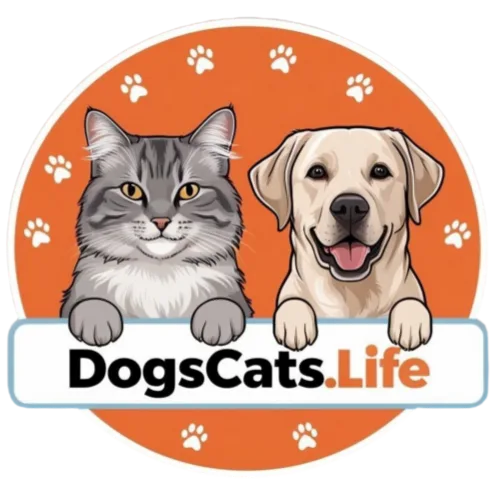
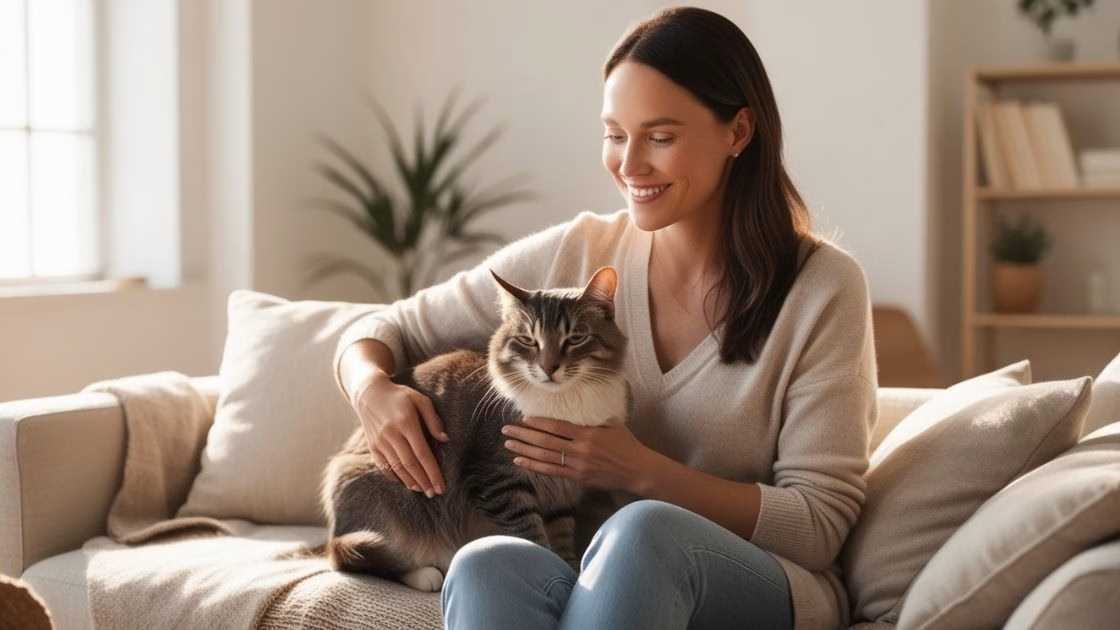
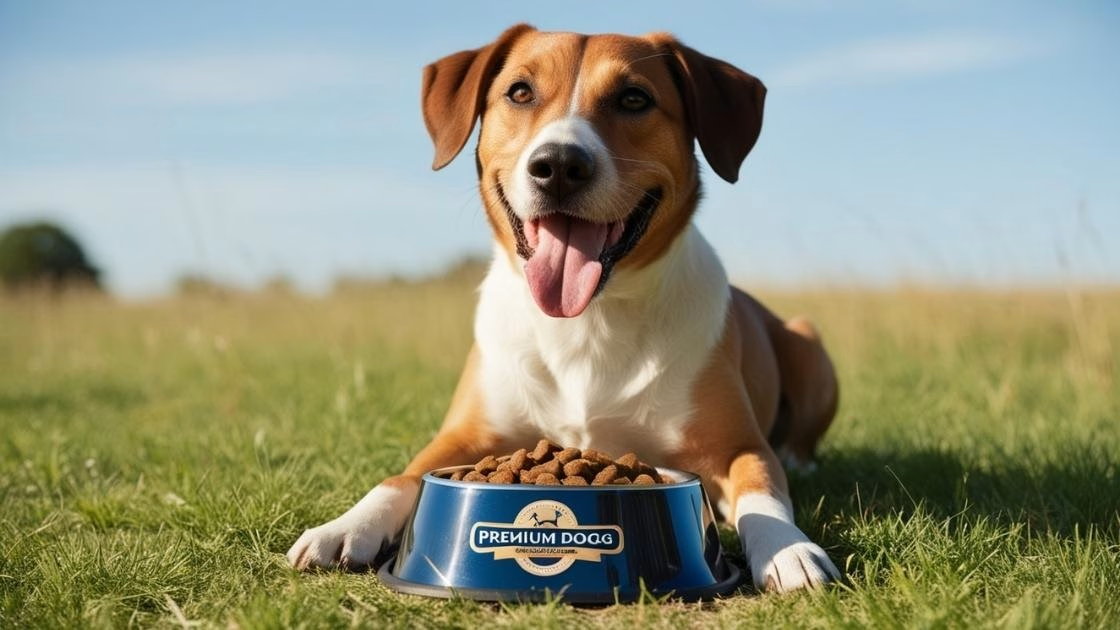
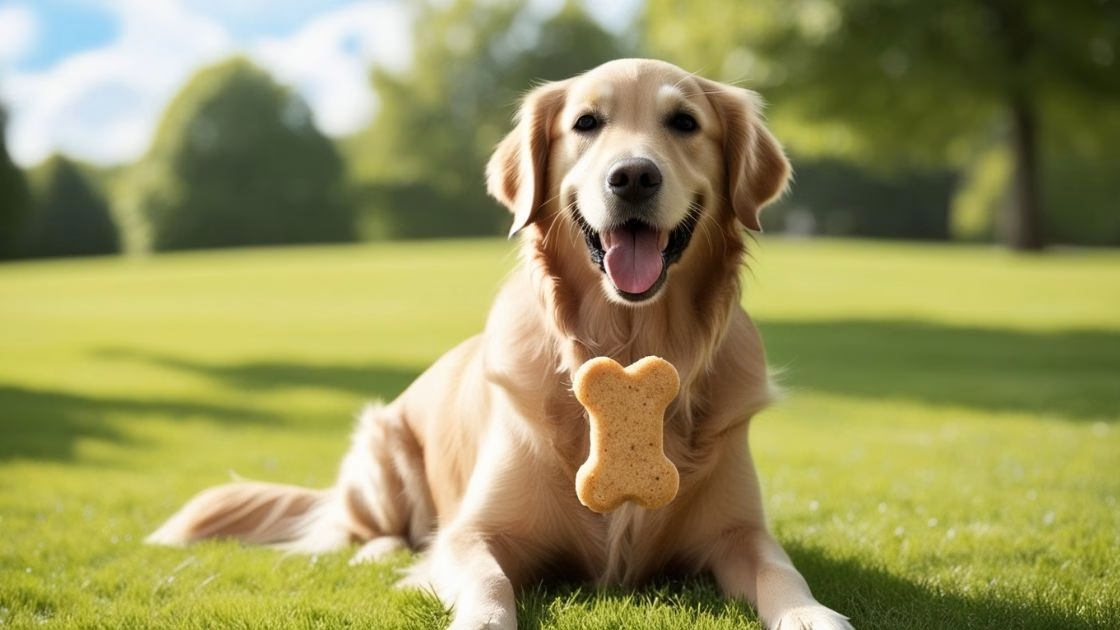
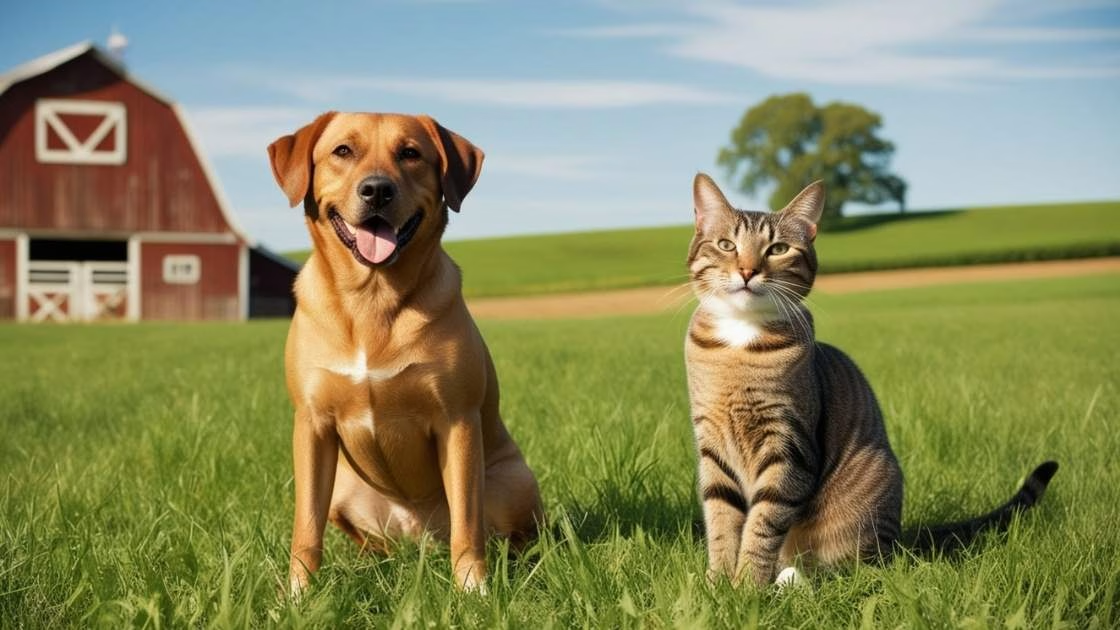
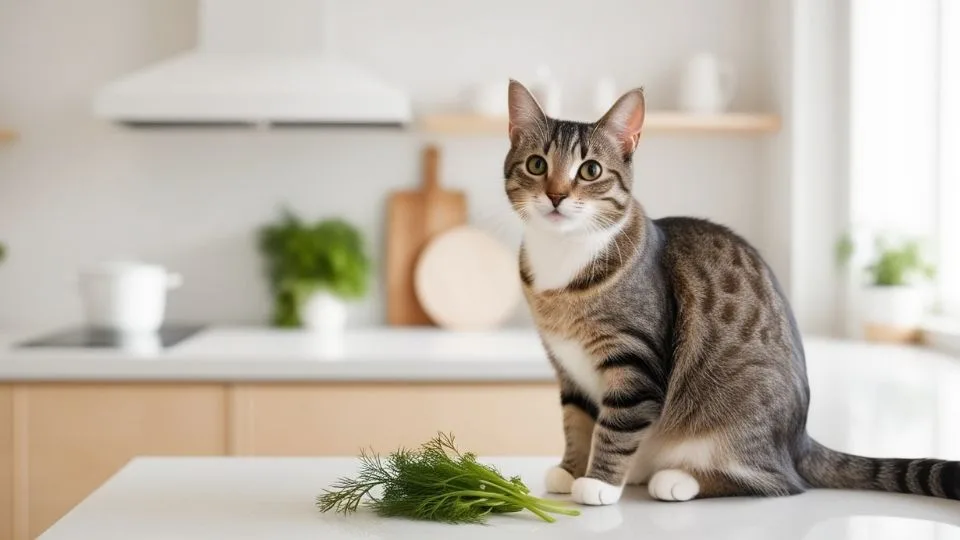
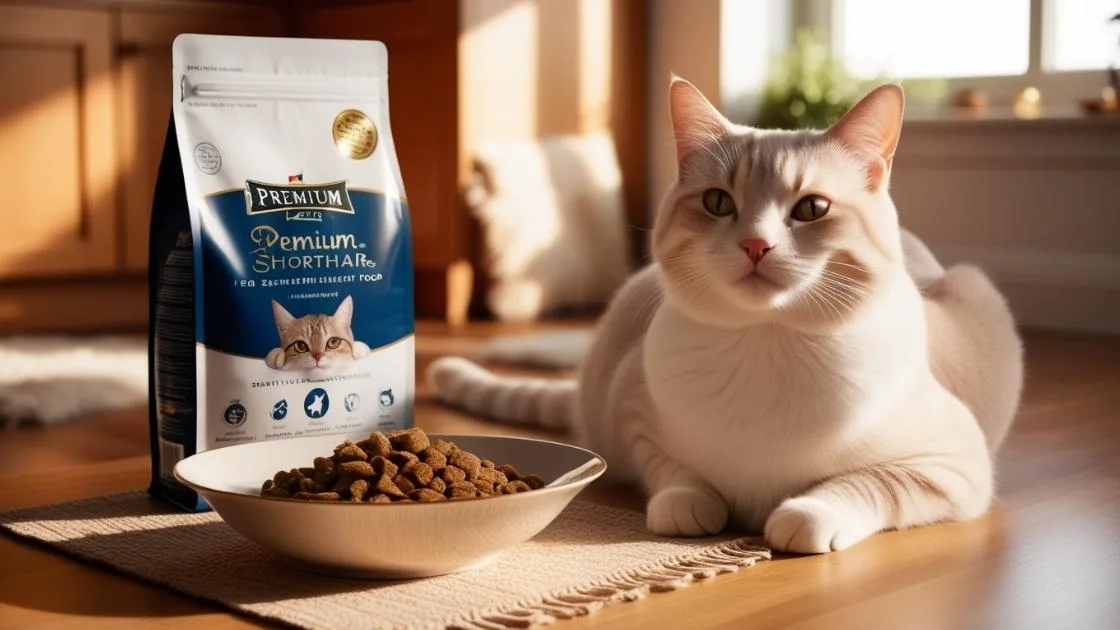

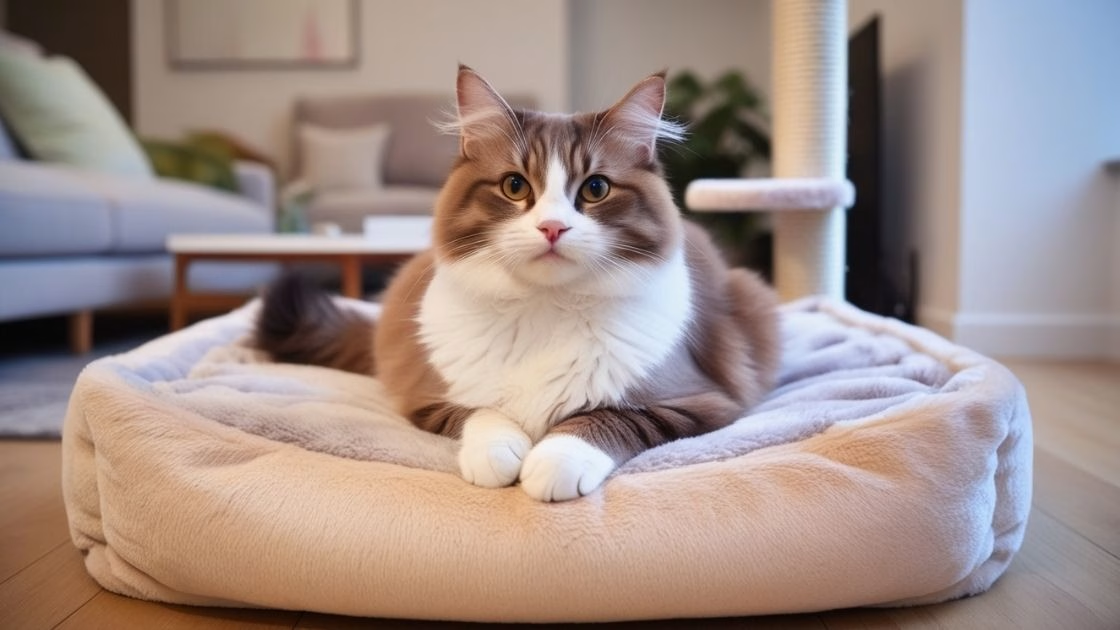
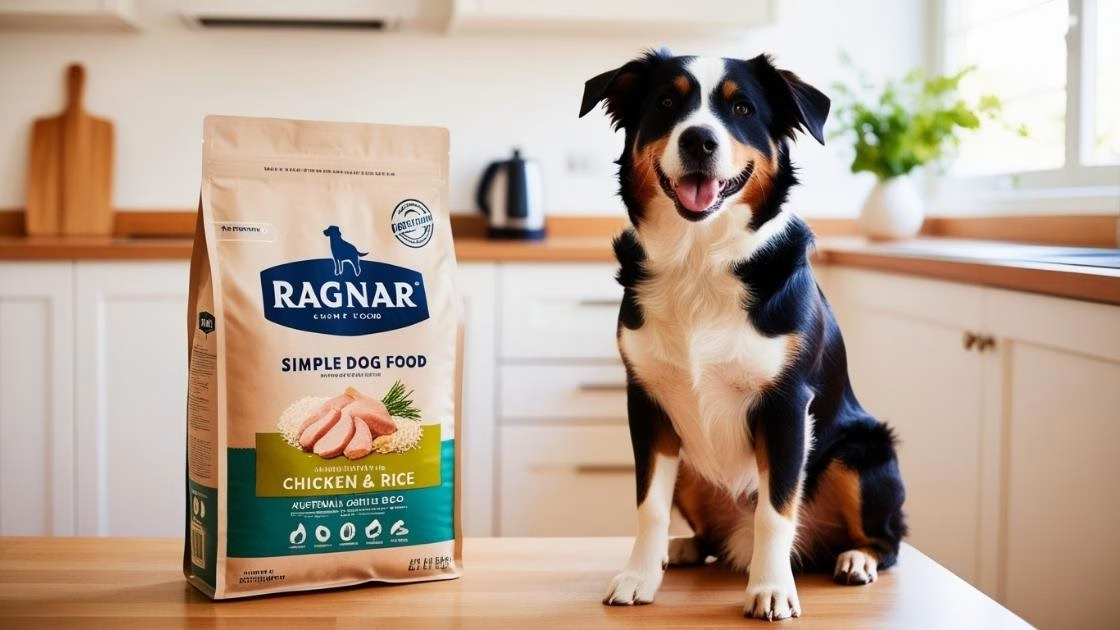
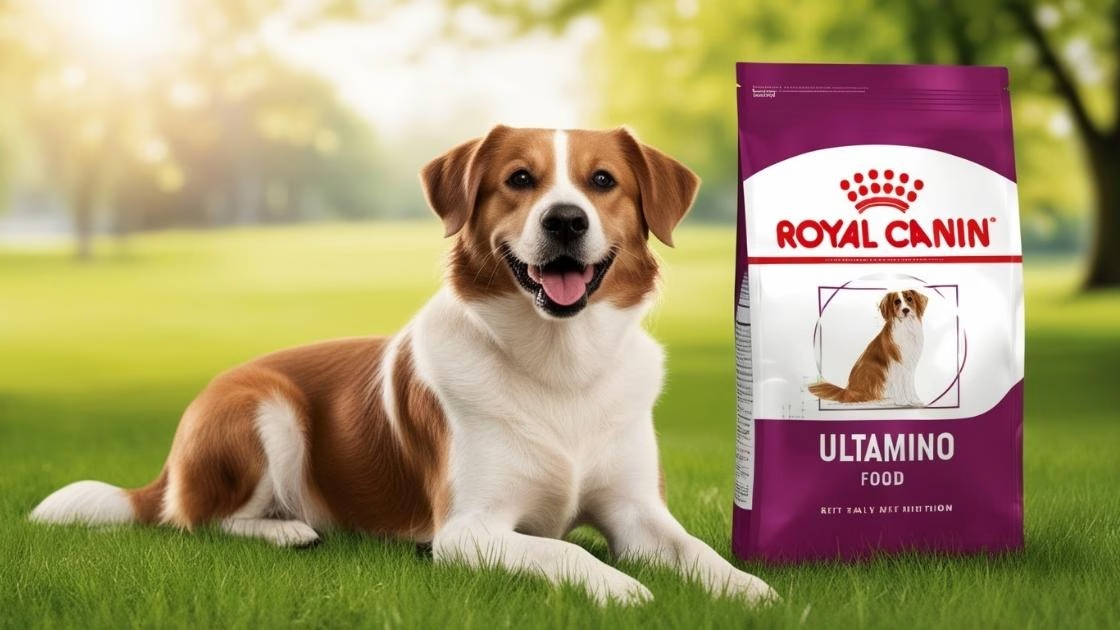
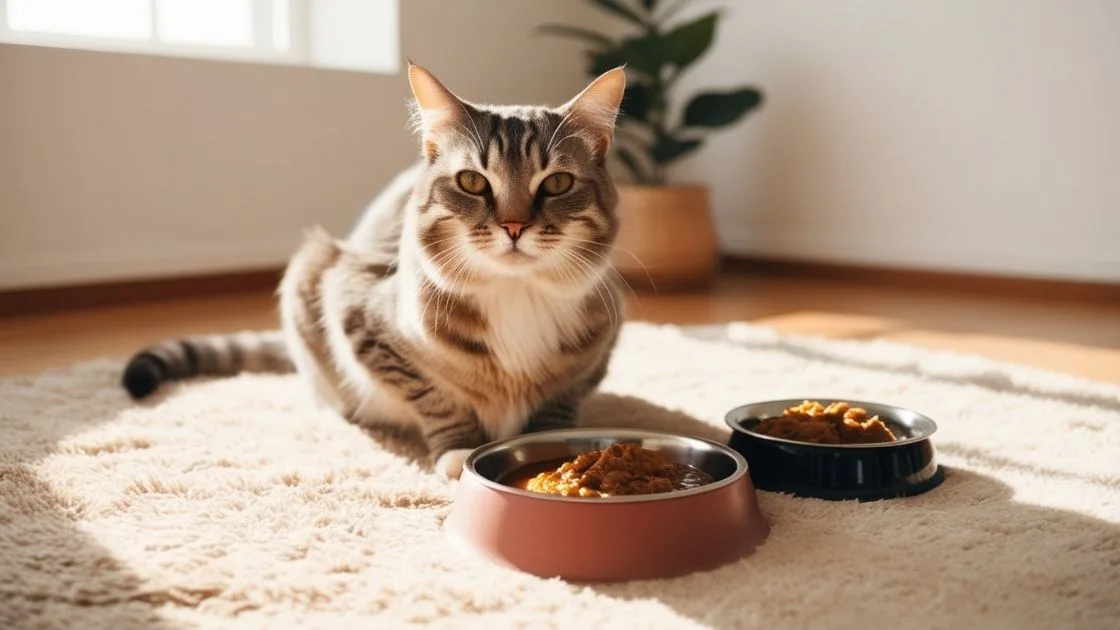
Leave a Reply
View Comments